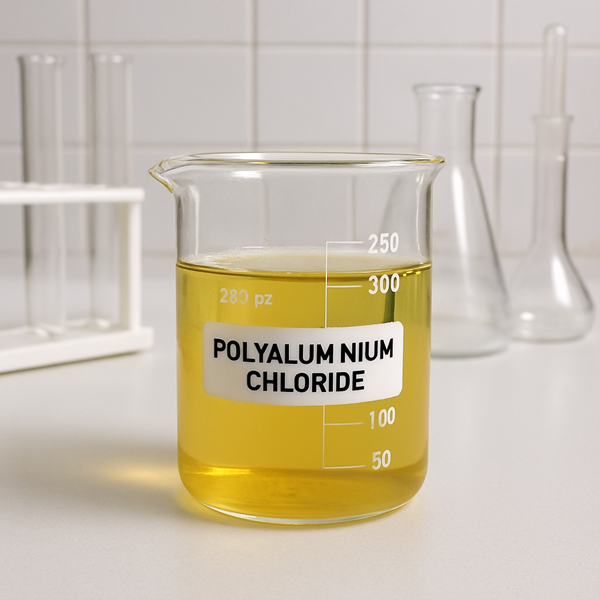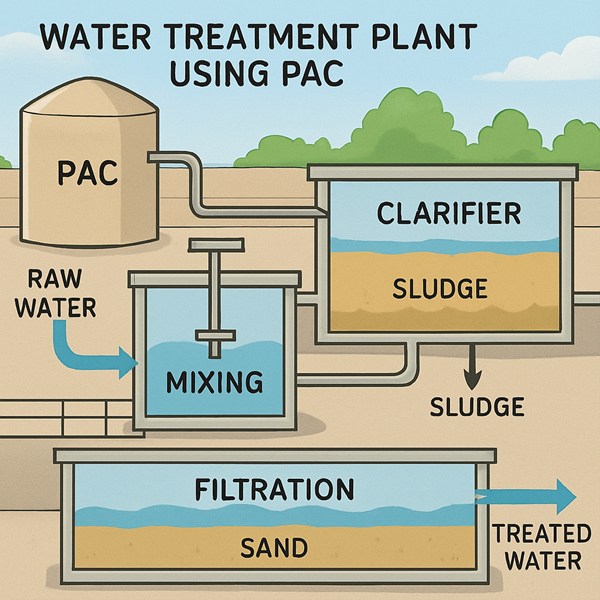
Water treatment is a critical process for ensuring the safety and purity of drinking water, and one of the most effective chemicals used in this process is polyaluminum chloride (PAC). This versatile compound offers numerous benefits in water treatment applications, making it a popular choice for municipalities and industries alike. Here, we'll explore the advantages of using polyaluminum chloride in water treatment and why it stands out as a superior solution.
Polyaluminum chloride, often abbreviated as PAC, is a type of coagulant used in water treatment processes. It is derived from aluminum and chloride compounds, and it is available in both liquid and powder forms. PAC is known for its efficiency in clarifying water and removing impurities, making it an essential component in water treatment facilities.

One of the primary benefits of using polyaluminum chloride in water treatment is its superior coagulation efficiency. PAC works by neutralizing the charges of suspended particles in water, allowing them to clump together and form larger particles that can be easily removed. This process is highly effective in reducing turbidity and removing contaminants such as bacteria, viruses, and organic matter. As a result, PAC-treated water is clearer and safer for consumption.
In addition to its coagulation efficiency, polyaluminum chloride is also a cost-effective option for water treatment. Compared to traditional coagulants like alum, PAC requires lower dosages to achieve the same results. This not only reduces the overall chemical usage but also minimizes sludge production, leading to cost savings in sludge disposal and management. The reduced chemical consumption and lower operational costs make PAC an attractive choice for water treatment facilities.
Polyaluminum chloride is a versatile chemical that can be used in various water treatment applications. It is effective in treating both surface and groundwater, making it suitable for a wide range of water sources. Additionally, PAC can be used in different pH conditions, providing flexibility for water treatment operators. Its adaptability ensures consistent performance across different treatment scenarios, enhancing its value as a water treatment solution.
Using polyaluminum chloride in water treatment also offers environmental advantages. The reduced sludge production associated with PAC treatment means less waste is generated, which is beneficial for the environment. Furthermore, PAC is less corrosive than some other coagulants, reducing the wear and tear on treatment equipment and extending its lifespan. This contributes to more sustainable water treatment operations.

In conclusion, the benefits of polyaluminum chloride in water treatment are clear. Its enhanced coagulation efficiency, cost-effectiveness, versatility, and environmental benefits make it a top choice for water treatment facilities worldwide. By incorporating PAC into your water treatment process, you can ensure the delivery of safe, clean water while optimizing operational efficiency.